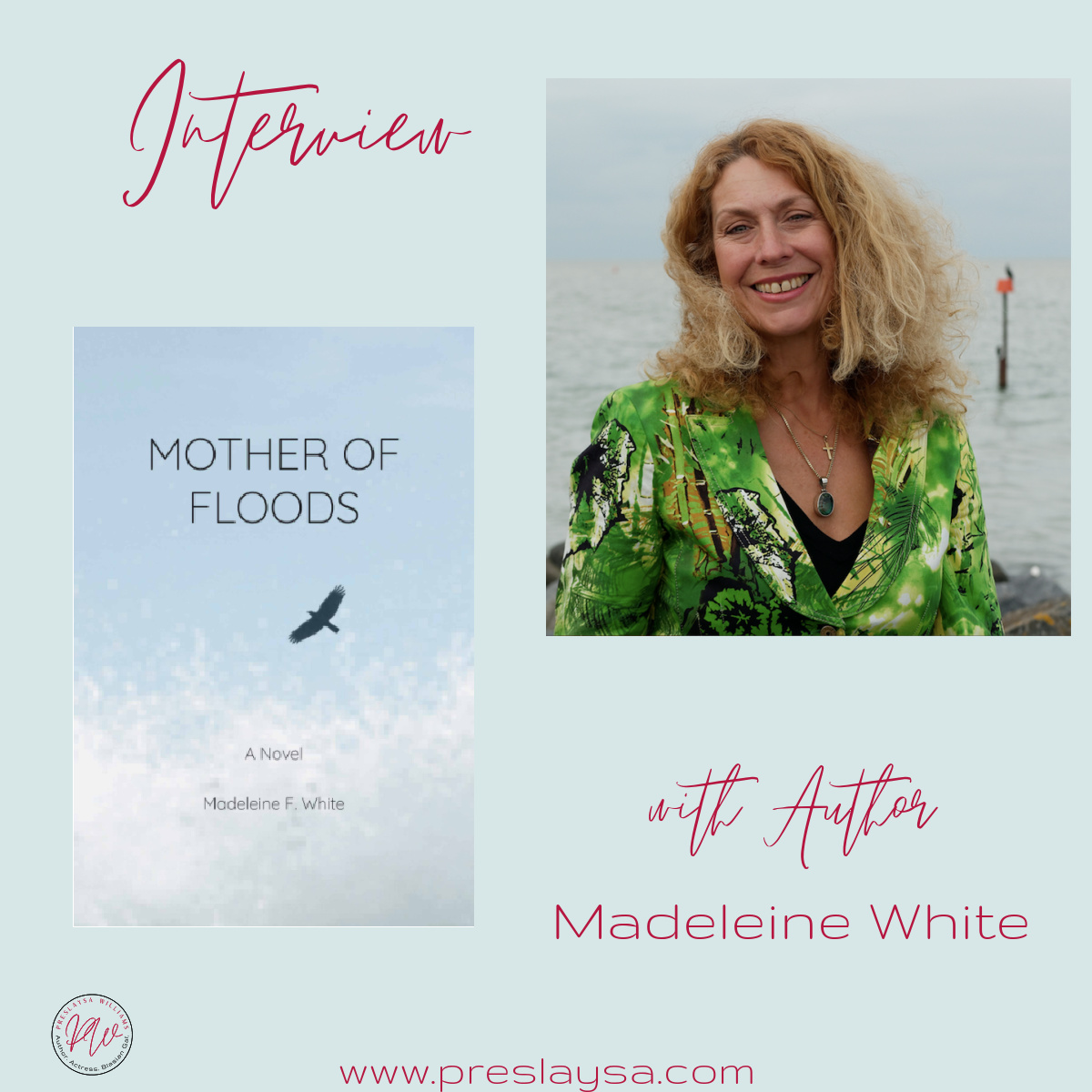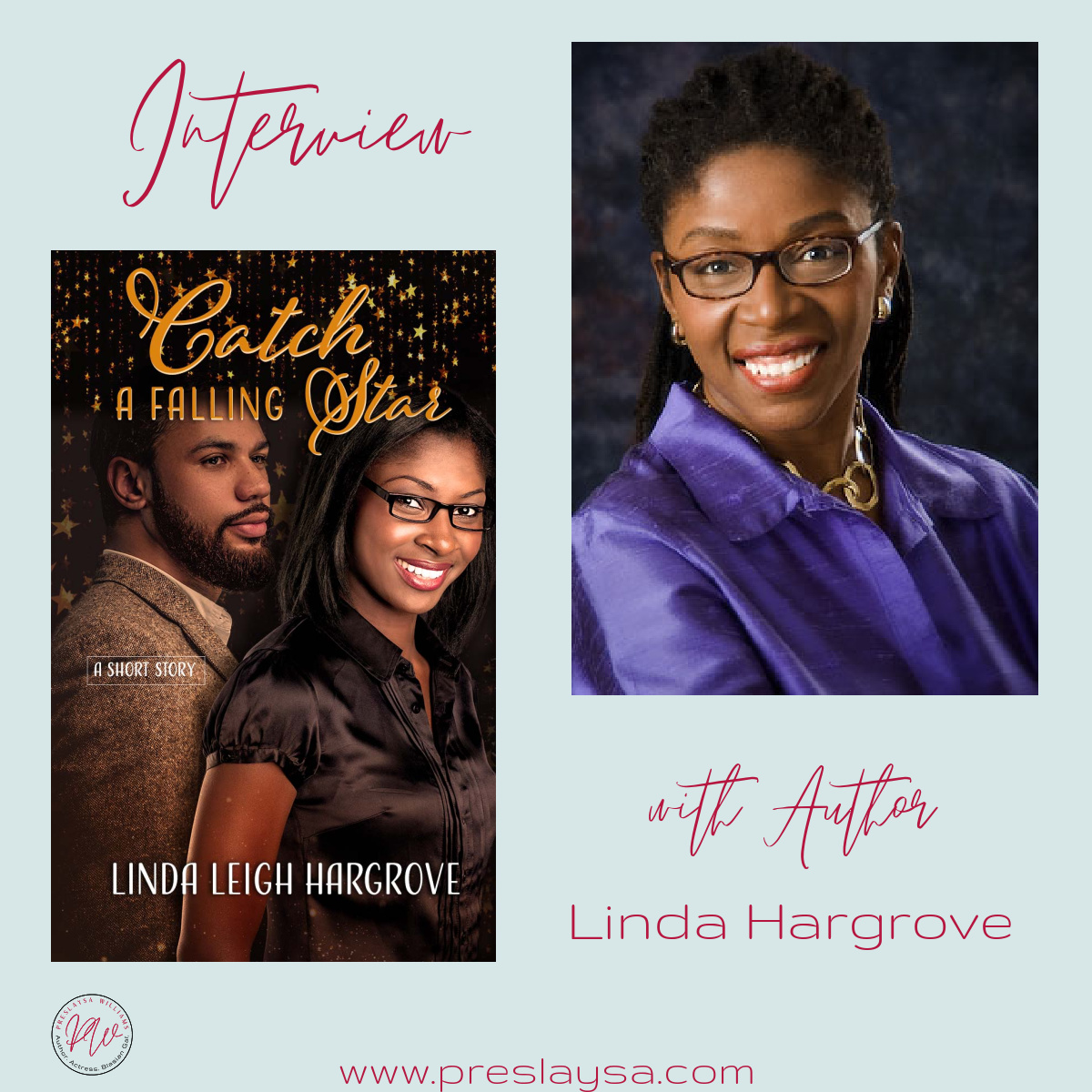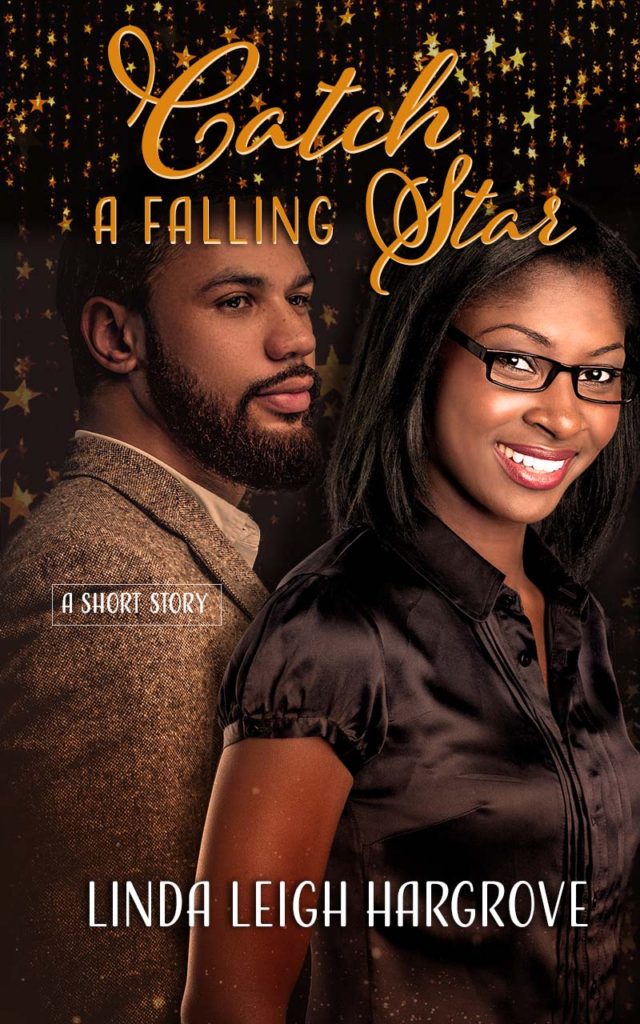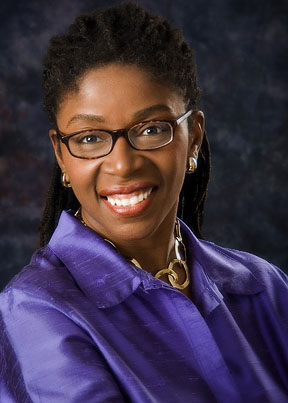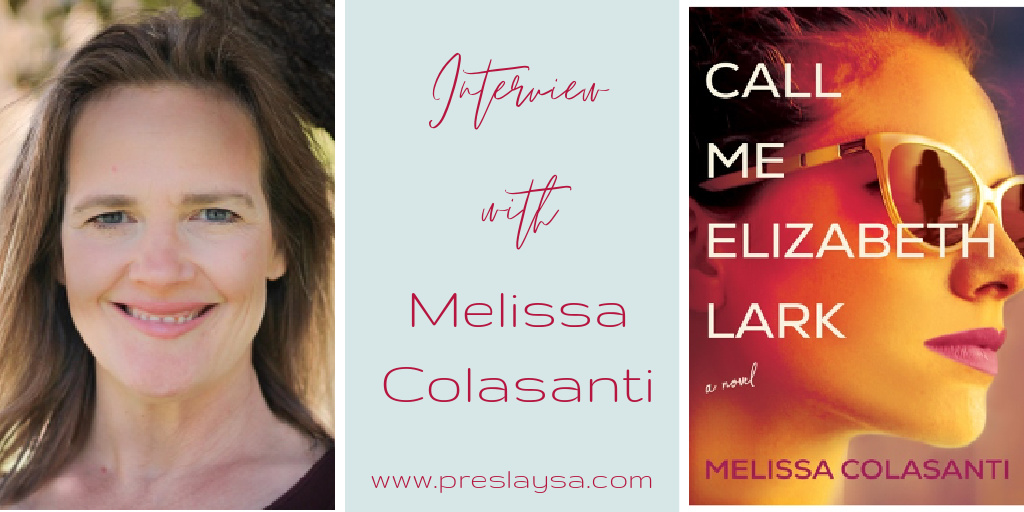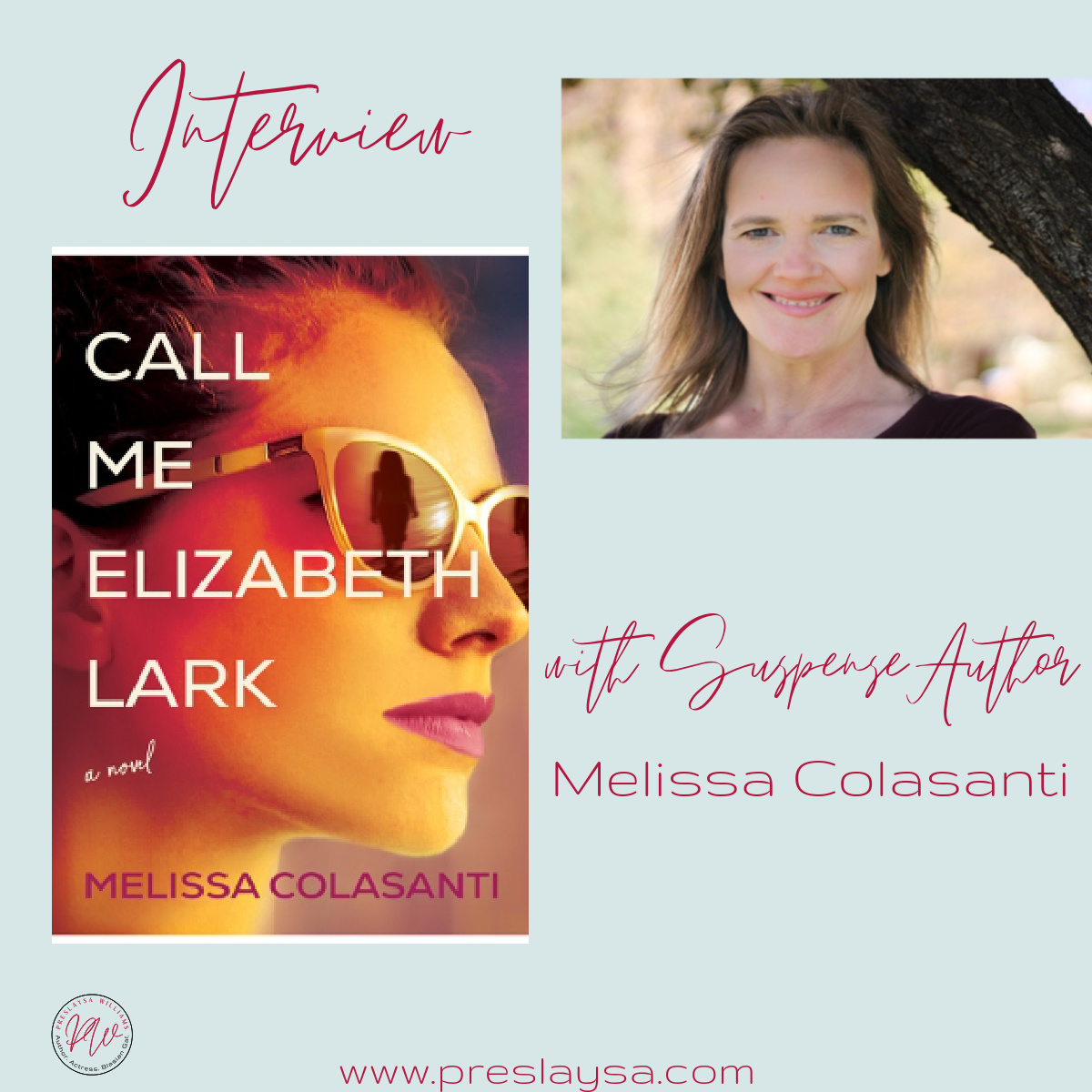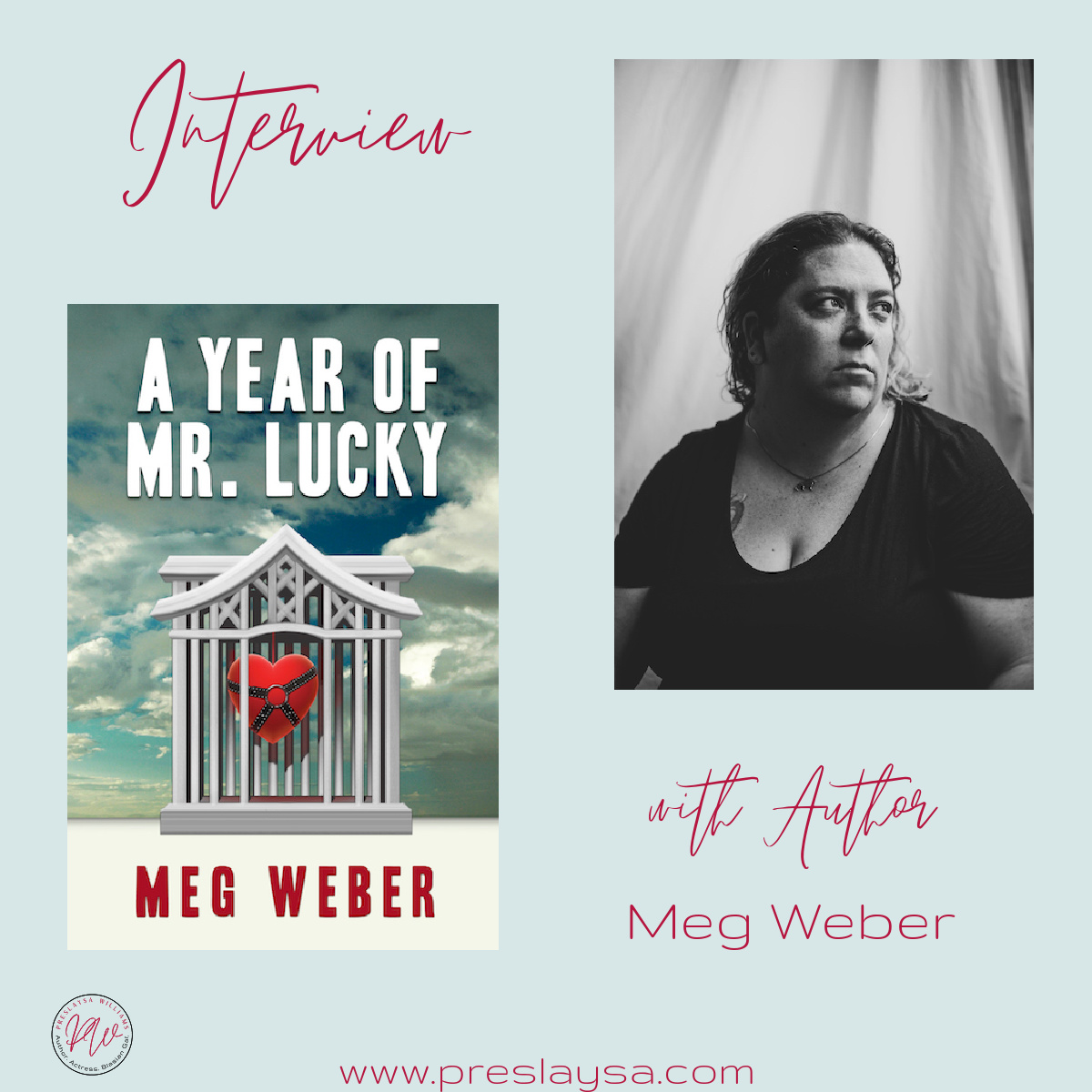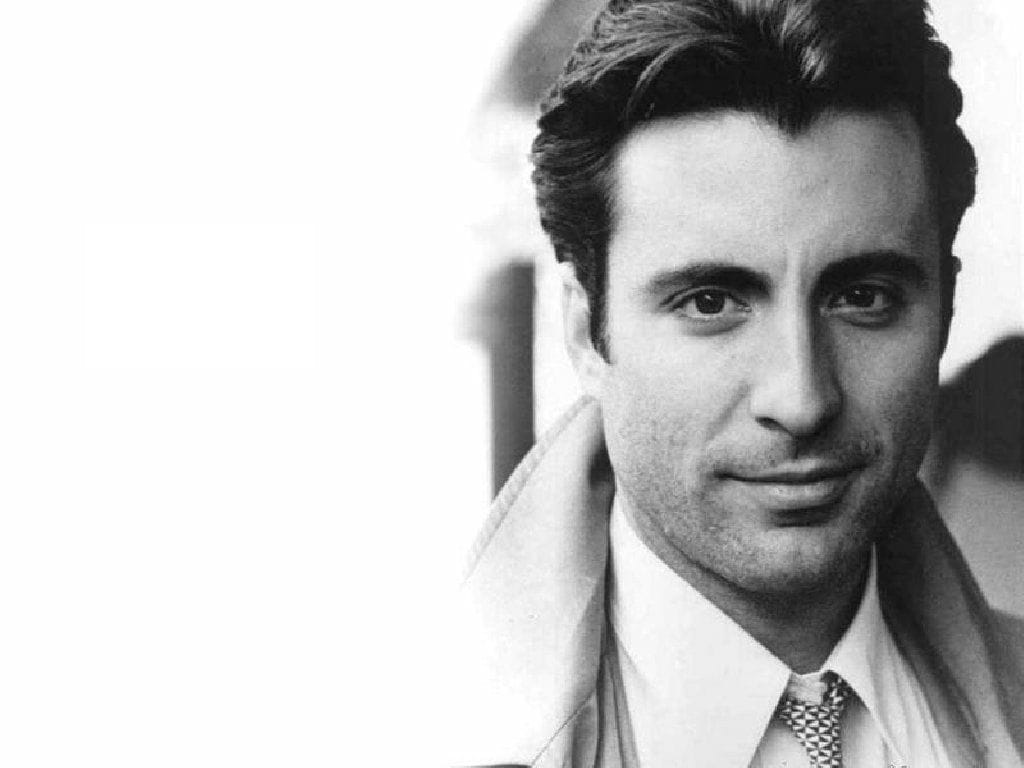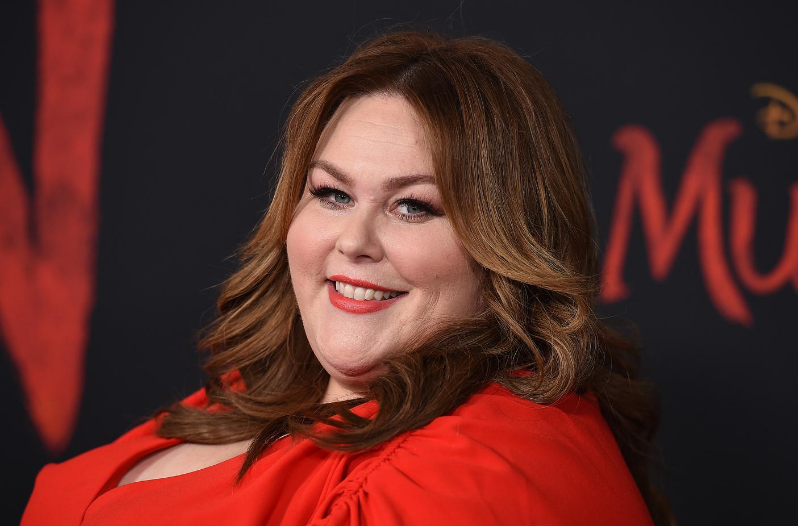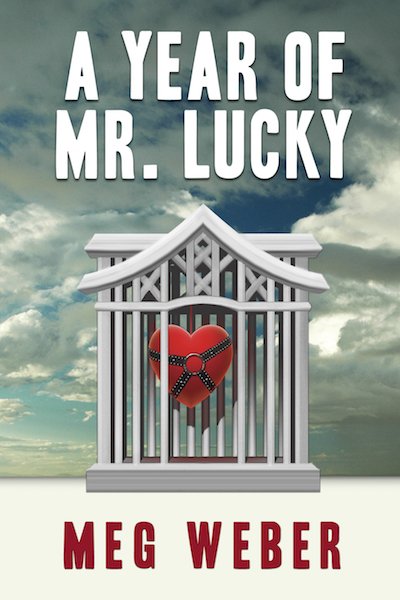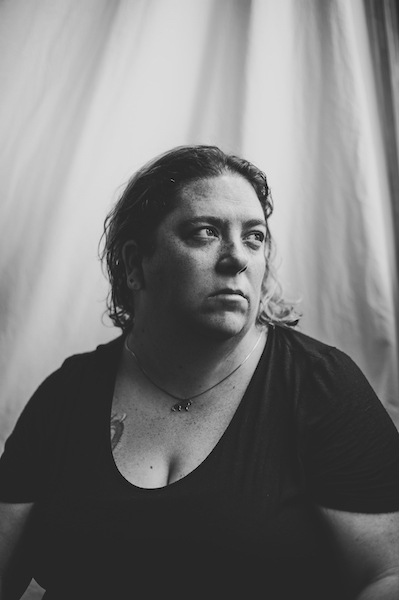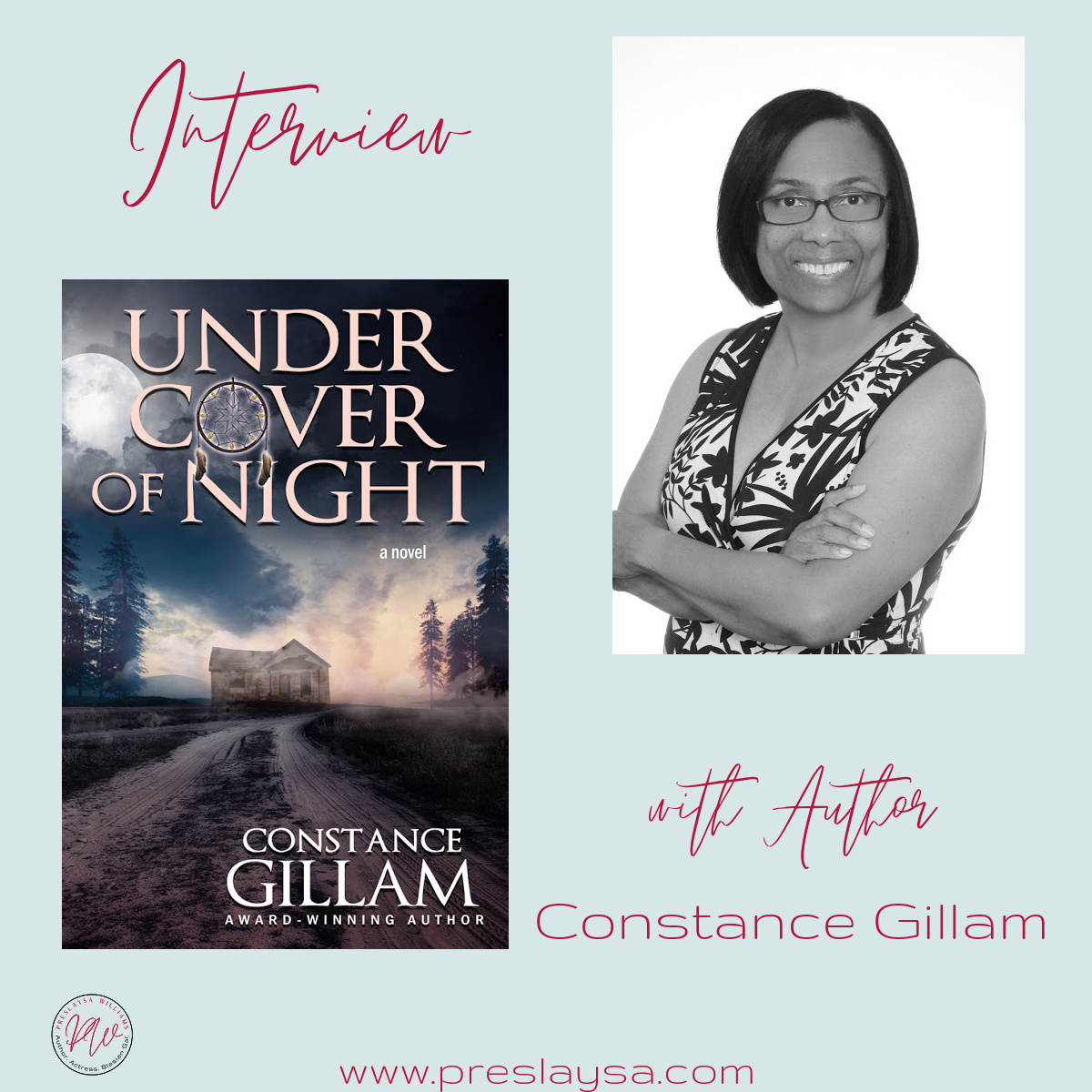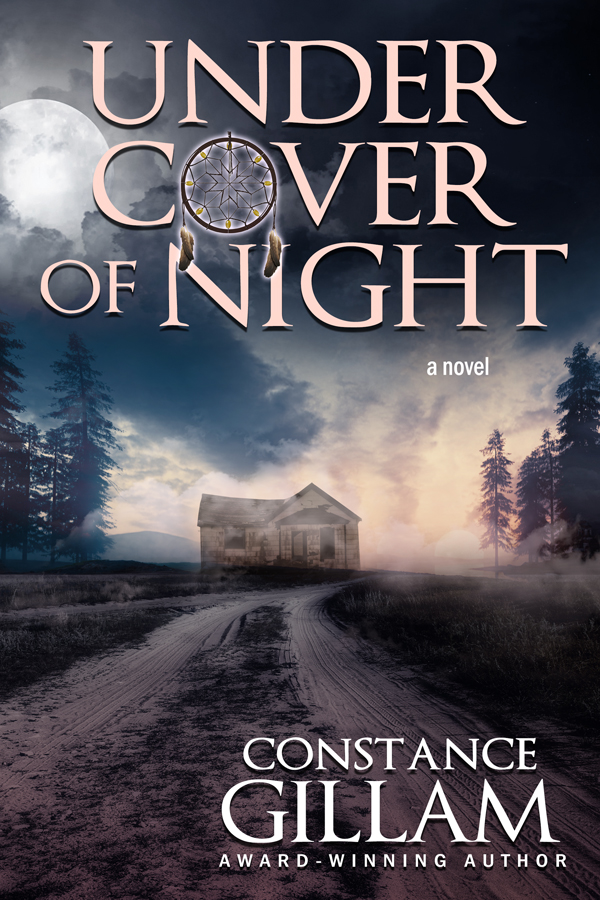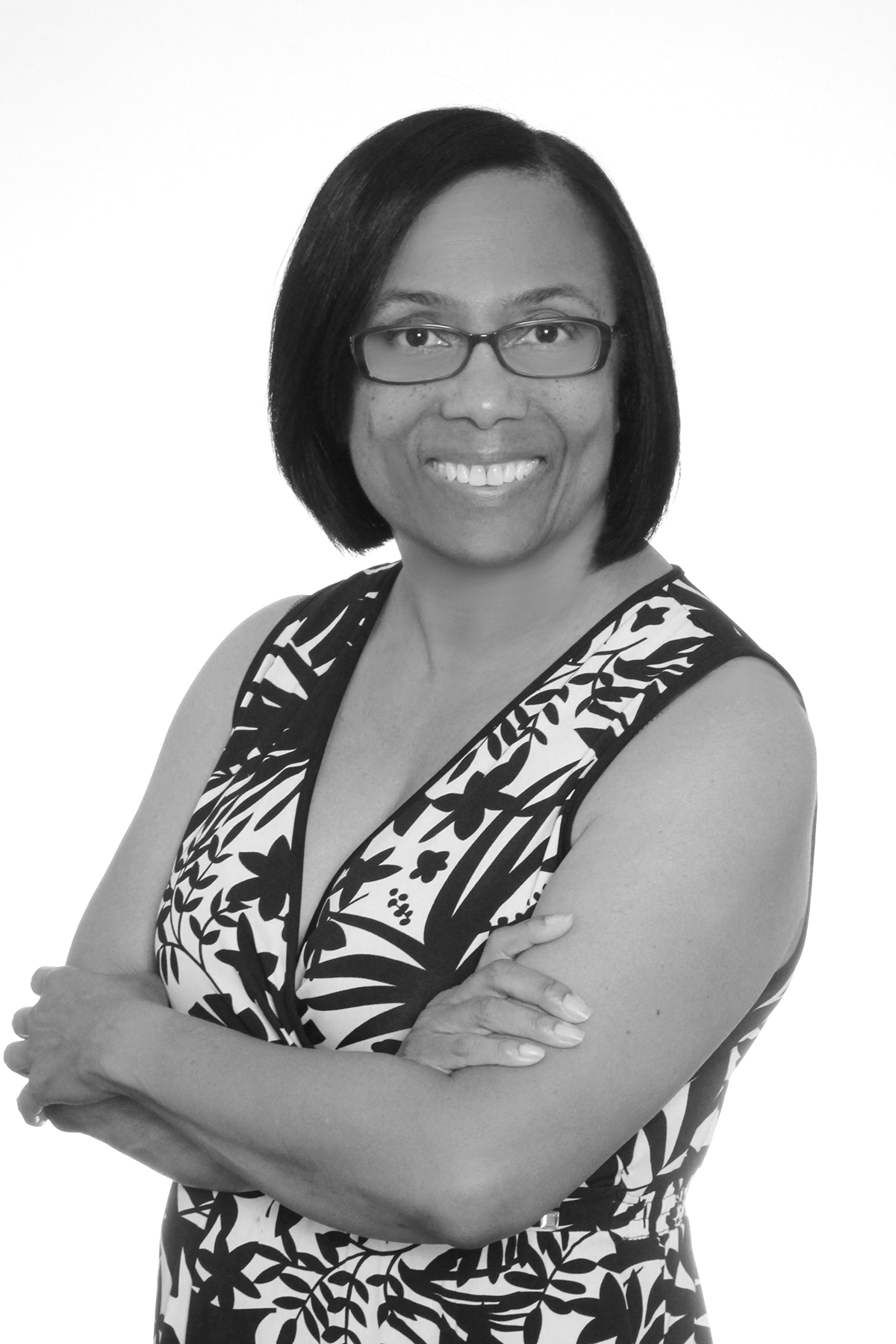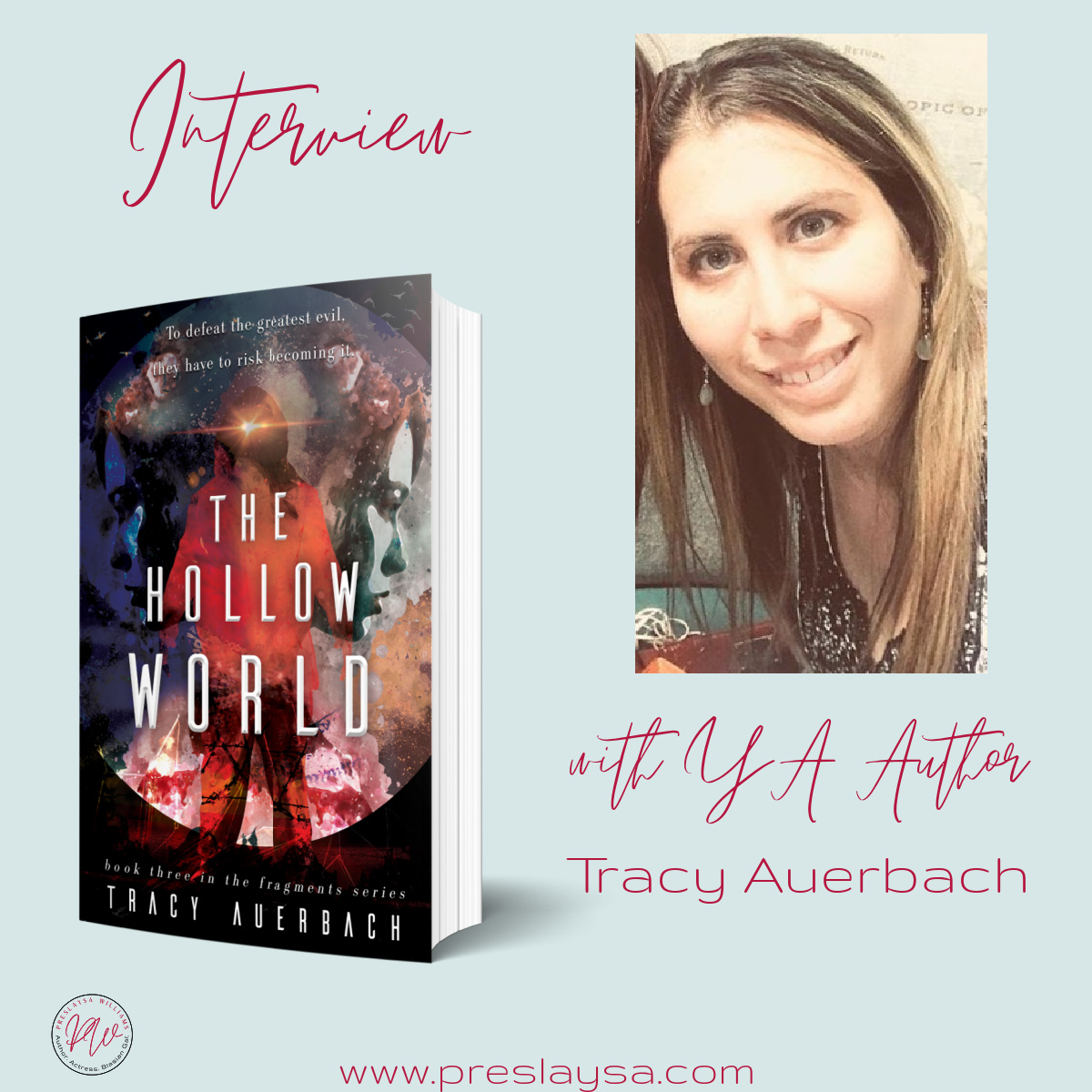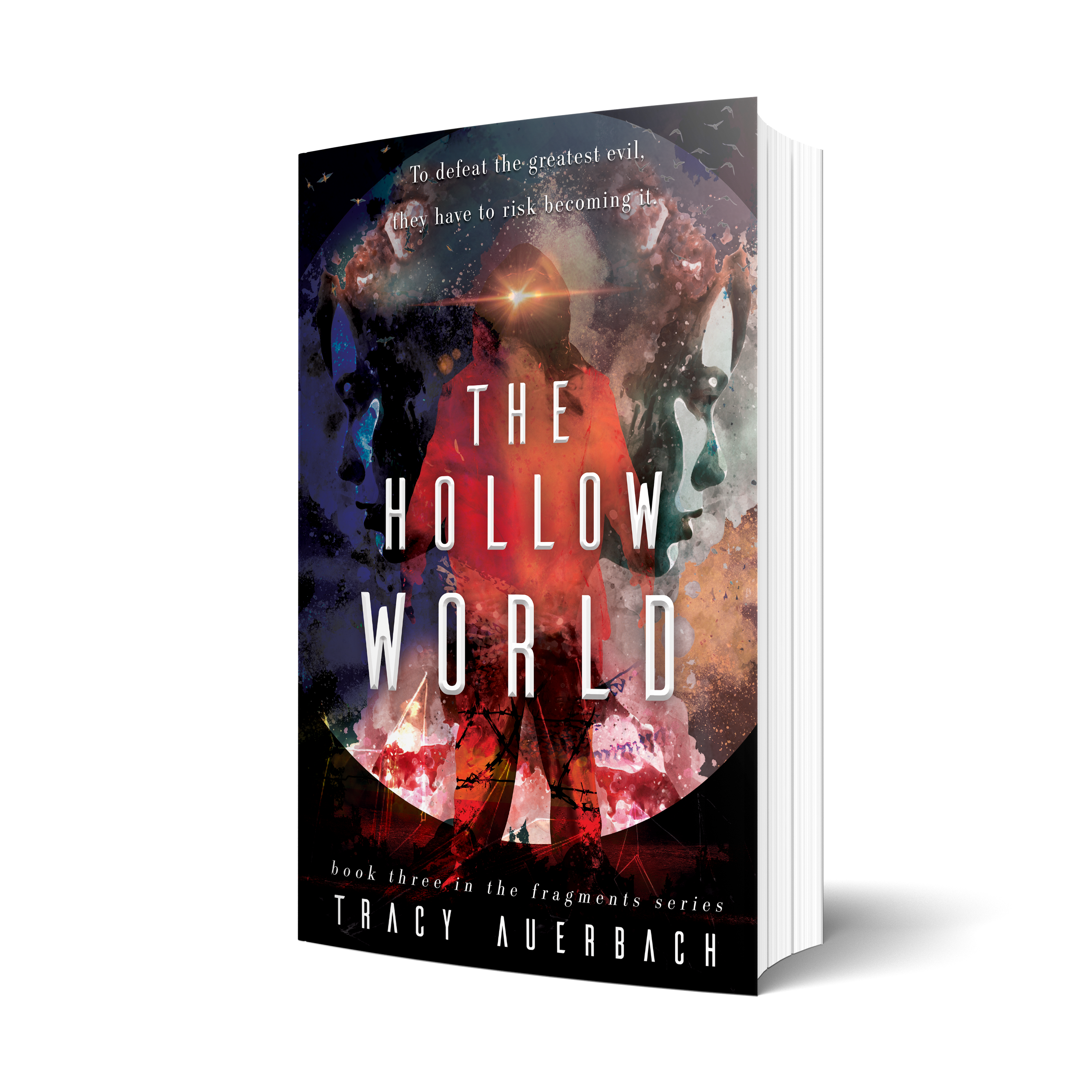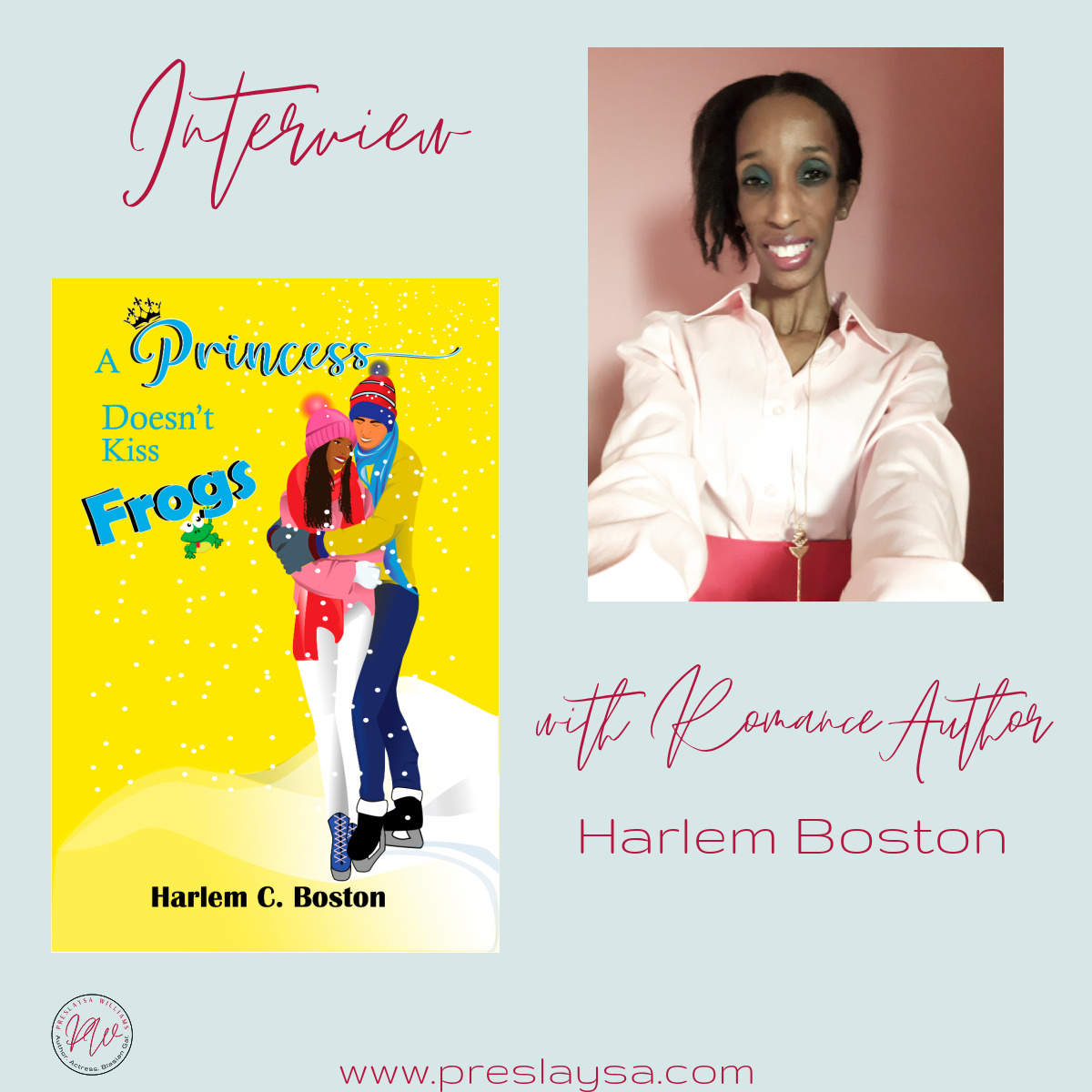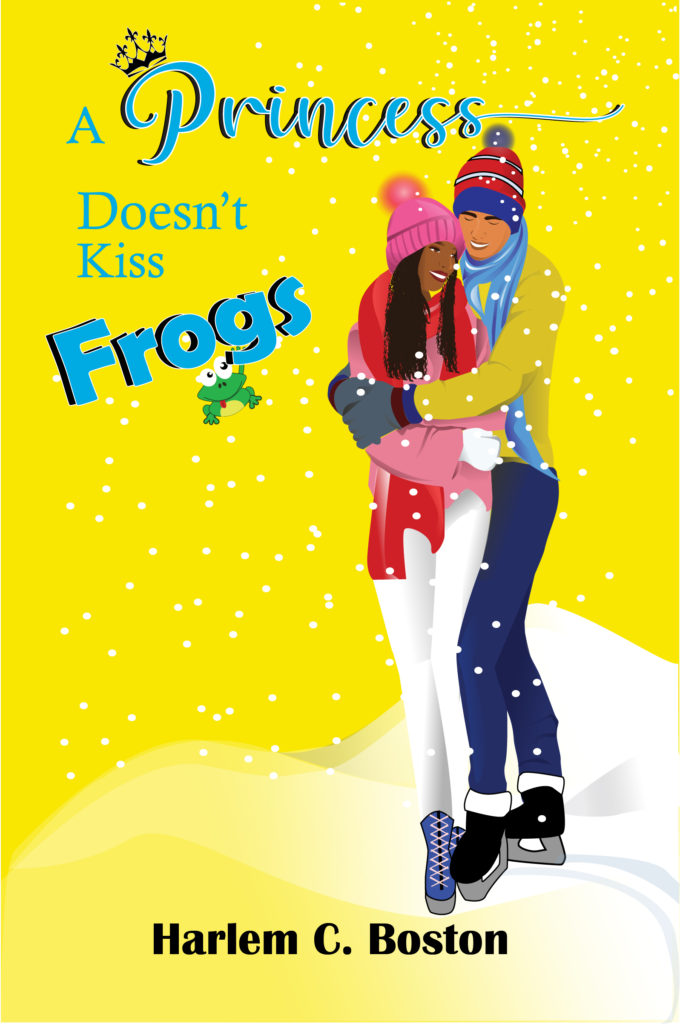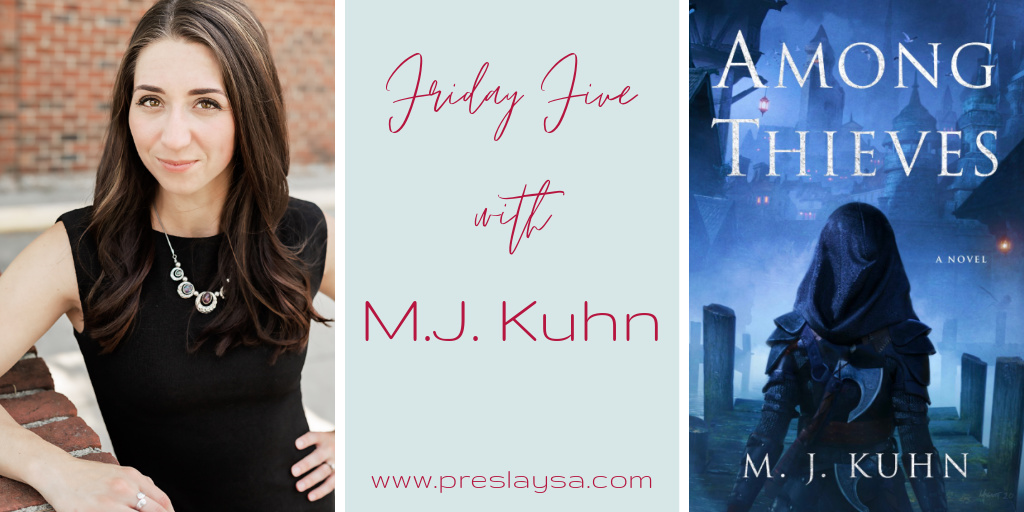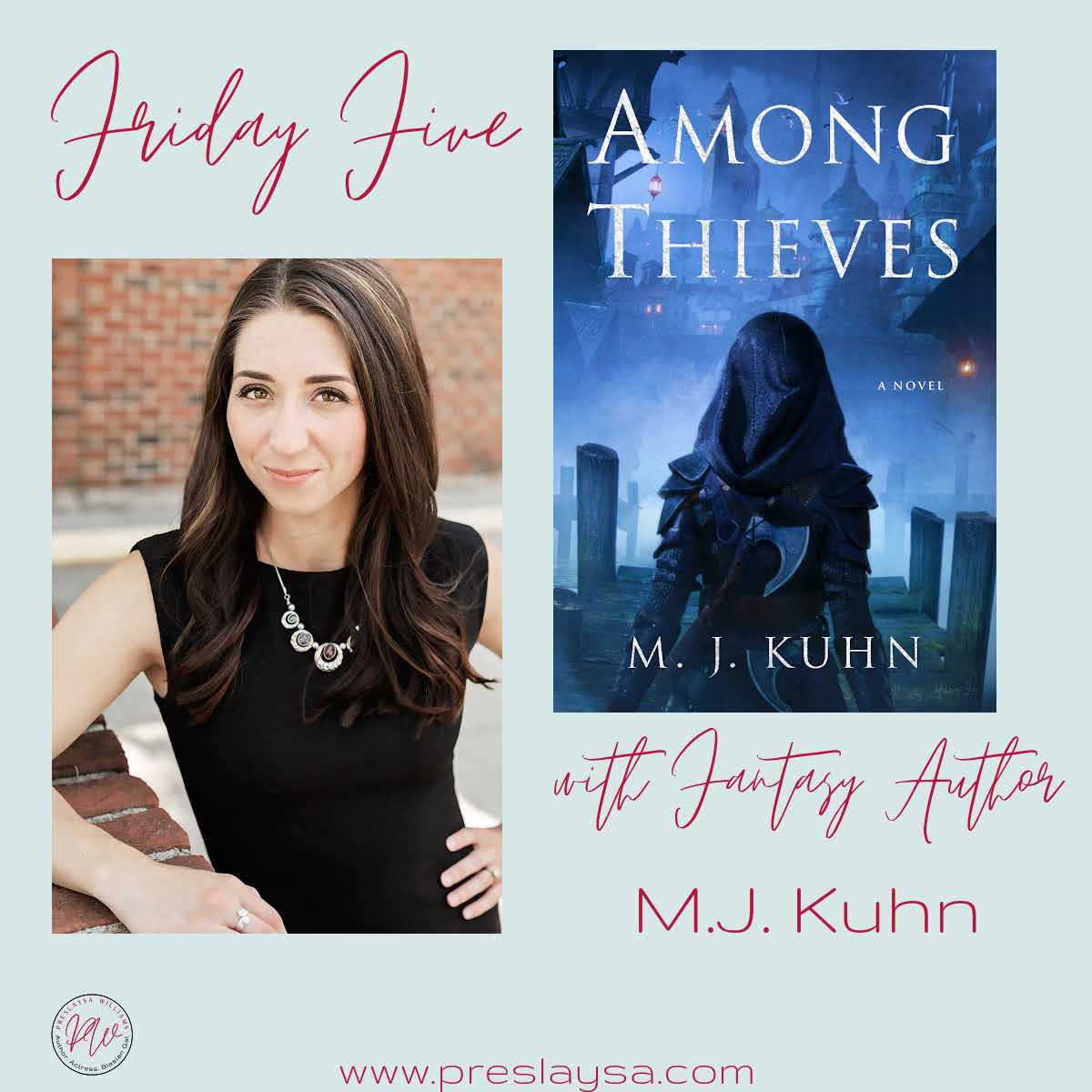Happy Wednesday, folks! I am so excited to welcome author, Madeleine White to the blog today! Madeleine’s speculative women’s fiction, Mother of Floods, is available now. Let’s get started with the interview!
What inspired your latest story?
Not quite my latest story, but certainly my first big one, my debut novel Mother Of Floods is a speculative, spiritual adventure that draws us from the current-day theme of digital overload and capitalist greed into a semi-fantasy world where everything becomes connected. The interaction of six women morphs into a natural-world story of the survival of mankind, with ancient myths and legends used as markers to help them navigate these unprecedented times.
I spent many years working in technology and international development with a focus on women’s economic empowerment and education. Having come across many wonderful stories, I started collating some of these as I wanted to give them more of a voice.
Linked to this was my growing despair at the cult of consumerism and individualism which impacts on how we lived with each other and the world around us, including our environment. Even before the Covid-19 pandemic (I started writing MOF in 2017) it was evident that climate change, nationalistic tribalism and systemic cruelty and inequity has been causing us to spiral down a vicious circle. I felt a call to action was needed and, inspired by examples set by writers such as Coehlo and Atwood, wanted to use fiction to do it.
The idea of truths shared by real women of differing cultures and backgrounds connected by a spiritual and digital world unseen was the way I found to connect it, all building a central narrative around an idea that even in the darkest of times, change is possible.
At the heart of Mother Of Floods, therefore, is the idea of the Age of the Downfall we find ourselves in now and the idea of a flood scouring everything clean. Some of our oldest tales, drawn from across the world, tell of great floods. In Christianity, we have Noah, In the North American Ashinaabe First Nation histories there is the story of Turtle Island, Zoroastrionsim sees a ‘drowning’ snowstorm that lasts 40 months, then there is Manu’s Floods in Hinduism … I felt that this idea of being overwhelmed by something out of our control, and then the rebuilding and making new that follows, was important.
Another impetus was, wanting to make a direct connection to the other flood many feel is overwhelming us now: the digital one. From this other ‘world unseen’ a tide of pixels and technologies is inundating the world we once knew.
The narrative connects these two – or even – three words: the world of the spirit, the ‘ real world’ and the world of pixels – with the binary language drumming as the central force crossing them all. In Mother Of Floods I weave together some of the ideas from our earliest myths and legends to make sense of the inundation of a world spinning beyond our control and the cutting edge technology many believe is partly responsible. A central aspect the plotline is that the impersonal, intangible information superhighway gets a soul, which has a direct impact on how the story develops.
What the hardest thing about being a writer?
My theory is that in order to write, you need to feel. Then, in order to truly be able to translate those feelings into words, you, yourself, need to be able to do so more deeply than most. I can tell you from personal experience that we don’t always want to feel everything! Many, though, see this depth of feeling as a ticket into nature of the muse, or ‘genius’ as Elizabeth Gilbert calls it in Big Magic.
The fact that we have no definite timescales doesn’t help either, especially if we’re working other jobs to fund our writing. We never know when the muse will show up, which means we just have to be ready—always ready—to receive and act when it comes, while keeping our heads down and writing even if it doesn’t turn up. Emily Dickinson, in one of the most important poems of the 19th Century, shared that ideas would hit her like a train, so she always had a notebook handy to capture them before they fled. It’s this combination of being constantly on-call to inspiration, linked to our ever-hungry digital world, which also requires our constant attention, that is dangerous. The digital world, offering a constant stream of stuff to engage with, stands in direct opposition to the focus and strength of mind we need to create a room of one’s own to write in. In essence, we have no creative downtime and therein lies the problem.
The other thing, is the constant question of worthiness? Can I do this, am I a writer? my launch experience with Mother Of Floods, launched in April 2020, the heart of the first lockdown, it was published through Crowsnest a US/ Canadian small press. The vital in-person events (both in terms of marketing to shops and readers) didn’t happen. So, this launch, which I thought would be a huge confidence boost, actually had the opposite effect – despite wonderful reviews.
This has had a huge impact on my writing and the first of my new trilogy, for which Mother Of Floods is the prequel, has been delayed by almost a year ( I have a patient editor!). However, you’ll be pleased to know, I’m up and running again.
I read little inspiration, spiritual reading on a daily basis. Yesterday’s was really powerful – I think goes to the heart of mine, and indeed every writer’s, struggle:
‘My sense of failure is a sure sign that I am growing. It is only struggle that hurts, In sloth: mental, physical of spiritual – there is no sense of failure or discomfort. With struggle and effort I am fully conscious, not of strength but of weakness until I am living that new life of abundance and hope.’
What’s the best thing about being a writer?
Freedom. Imagination is limitless and the worlds I can conjure are entirely down to what I want to make happen. Mother Of Floods looks at the power of creation in each and every one of us. I do truly believe that what we create can manifest itself in one way or another. So, what I love about writing is also what makes me fear it, limitless potential.
How do you balance writing and the rest of life?
I believe in the important of creating a safe space for my writing. It’s a place where I’m able to muster enough creative courage and conviction in my writing identity to invite other in. Not just readers, but also others who are looking for creative engagement. The Facebook Debut Groups are very helpful – as they are honest and supportive. But also Write On! and Write On! Extra, the Magazines I run offer true support and engagement. These communities make us hungry for each other’s creative energy, which gives us the strength to create.
At the moment, I’m ensuring that I have three hours writing time a day. My day job, family commitments and all the rest of the things that pull at my time, are secondary to this. It’s manageable, and I don’t always have to wirte. I can read, edit and plan – as long as I am engaging with my book. Finding a way of doing this means that I have become even more aware of personal boundaries!
Other practical ways of creating the ‘Safe Space’ include, ensuring that I am physically fit and health, so I run and I particularly love riding y horse, Lucie. Physical activity also helps with mental health, as does my faith and mindfulness/ meditation. The latter, of course link, to spiritual well-being. It’s all so connected.
In these times of pandemic, maintaining this balance, is even more important. As we come up to International women’s day, there is a real reminder for me that in order to be there for everyone else, as tends to be our want, we need to make sure we’re OK. Finding Virginia’s Woolf’s ‘A Room Of One’s Own’, or my Safe Space’ never been more important, both in terms of fostering creative balance, but also a healthier approach to life. I’m an IWD speaker again this year -and of course we’re supporting this also in our magazine for this month.
What was your last binge-read?
At the moment I’m listening to audiobooks rather than reading. I don’t know why, it just seems to hit me in a different way. This does mean though, that I’m not bingeing in the same way I sued to. However, I am really enjoying the books by Bridget Collins – I started with The Binding and am now on The Betrayals. Set in fantasy/ alternative reality worlds, her characters have a depth and a purity to them that just captures me. I also loved VE Schwab’s The Invisible Life Of Adie La Rue, probably one of my absolute favourites of recent years. The sheer beauty of langue is breath-taking -and the story is pretty good as well!
Where can readers find you (website, blog, social media, etc.)?
Readers can find me on Instagram, Twitter, Facebook, and Linked In. They can also purchase Mother of Floods or add it to there Goodreads list.
I’m always looking for interesting new writing to feature on Write On! You can find out how to submit your poetry, prose and even book launches in my Editor’s intro here. We collaborate with organisations such as Writers and Artists ( Bloomsbury), Wilbur and Niso Smith Foundation, Romantic Novelists association among others.
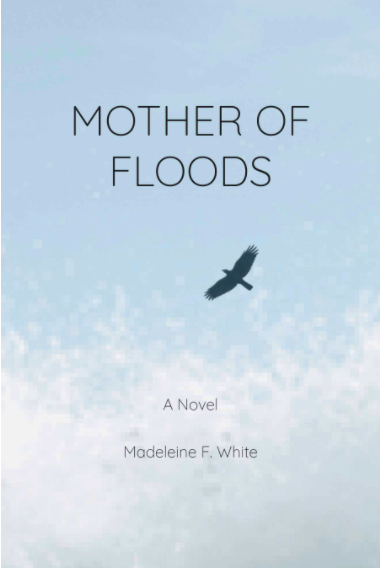
About Mother of Floods
To find our future we need to reconnect to our past and each other…
Mother of Floods is set at the end our world. Ravaged by greed and technology it has seemingly spun beyond human control. Yet in this unravelling is a chance for a new beginning. as the digital, physical, and spiritual worlds collide.
The story begins in London, with Martha and Dave, her dead husband who lives on in digital form. Together they embark on a journey to heal their troubled family, overcoming mountains of debt and supporting an anorexic daughter and a reclusive son.
Their quest is aided by three other women from very different countries and backgrounds, who are also desperate enough to go to any lengths to wrest back control over their lives. And as the interlocking narratives unfold, their quests become a battle for the soul of the world, as connections between the spiritual, technological, and human worlds, create a transformative energy that infects the digital world, creating a new kind of being. The impersonal, transactional information superhighway is transformed into a sentient force for good, with the language of electric pulses shaping words of power that convert the thoughts we think into positive changes in our physical world.
In other words, the internet gets a soul.
Underpinned by strands of ancient and modern mythology, Mother of Floods immerses the reader in the brave new world of 24/7 self-sustaining algorithms, showing how individual choices can lead to powerful ripple effects, if only we have the courage to press the reset button.
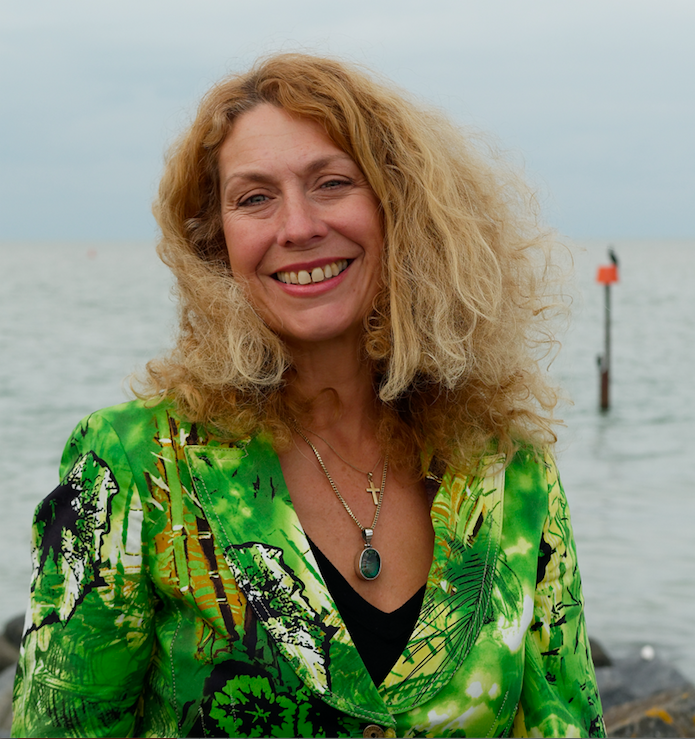
About Madeleine White
Madeleine was born in Germany, with roots in Canada and the UK. A magazine publisher and editor, she has produced national and international web and print magazines, creating a voice for those without one, such as the successful Nina-Iraq, a project she worked on with the World Bank to reach out to Iraqi women everywhere. Since 2019, she has been founder/editor of Write On! magazine and Write on Extra e-zine, published by Pen to Print, an Arts Council NPO organisation.
